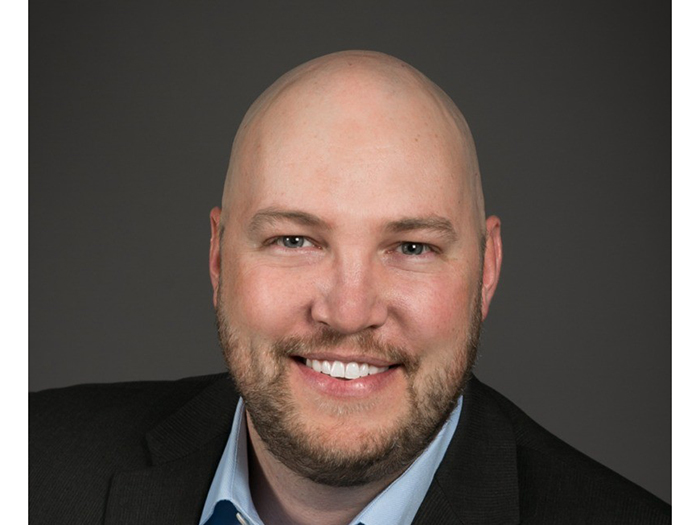Column: Workers' Comp
UR Aids Payers and Workers
The workers’ compensation industry should lobby to mandate utilization review of medical treatments.
Fewer than 10 states now require utilization review, with the exact number depending on an interpretation of various state mandates.
But mandating UR — which is the process of evaluating medical treatments for necessity and efficacy — across more states would help injured workers avoid unnecessary surgeries, reduce consumption of dangerous pharmaceuticals such as opioids when other options exist, and eliminate the continuation of ineffective treatments.
Requiring UR would also help claims payers. Applied in concert with established treatment guidelines, it is a powerful tool for eliminating some big cost drivers in the workers’ compensation system.
Think, for example, of the unnecessary surgery that later requires additional surgeries or care that should never have been necessary.
And it’s not just a cost issue. Workers suffer pain, disability, financial losses and mental stress when the wrong treatment is applied.
Claims administrators and smart employers already contract for UR services in states that allow it voluntarily. Some states don’t allow UR at all, or their claim dispute adjudication systems render the practice useless.
Indiana law, for example, doesn’t prohibit UR for workers’ comp cases, but UR findings won’t hold up in legal disputes, said Mike Lemrick, director of UR operations for Coventry Workers’ Comp Services. So what would be the point of UR in Indiana?
By contrast, California requires all employers or their claims administrators to implement a UR program and it is widely applied, perhaps too often. Some states mandating UR limit the practice to a list of certain procedures.
Critics contend that UR is already overutilized by claims services companies looking to drive revenue.
Claimant attorneys have also argued that claims payers too frequently wield UR to deny a physician’s request for treatment.
But a study by the California Workers’ Compensation Institute released in January showed a different pattern. It showed that 94 percent of California treatment requests receive UR approval, while 75 percent of the remaining requests initially rejected are approved upon further examination.
The study results may indicate that medical providers, who get to dictate when UR will be conducted, are requesting the review for their proposed treatments more than is necessary, said Lisa G. Hannusch, CEO at UniMed Direct, a medical management company.
Mandating UR would add costs for the service and it can be overutilized.
But done properly — say, by limiting it to certain procedures — it’s hard to imagine those expenses would rival the costs of unnecessary back surgeries or drug addiction services for injured workers needlessly introduced to opioids.
UR also encourages doctors to follow best practices for medical treatment, said Roxanne Brown, regulatory compliance director for Sedgwick Claims Management Services Inc.
As more state legislators consider mandating UR as a tool to curb rampant opioid prescriptions, the insurance industry should marshal its lobbying forces for a broader implementation of UR, one that focuses on treatments known for frequent misuse.










